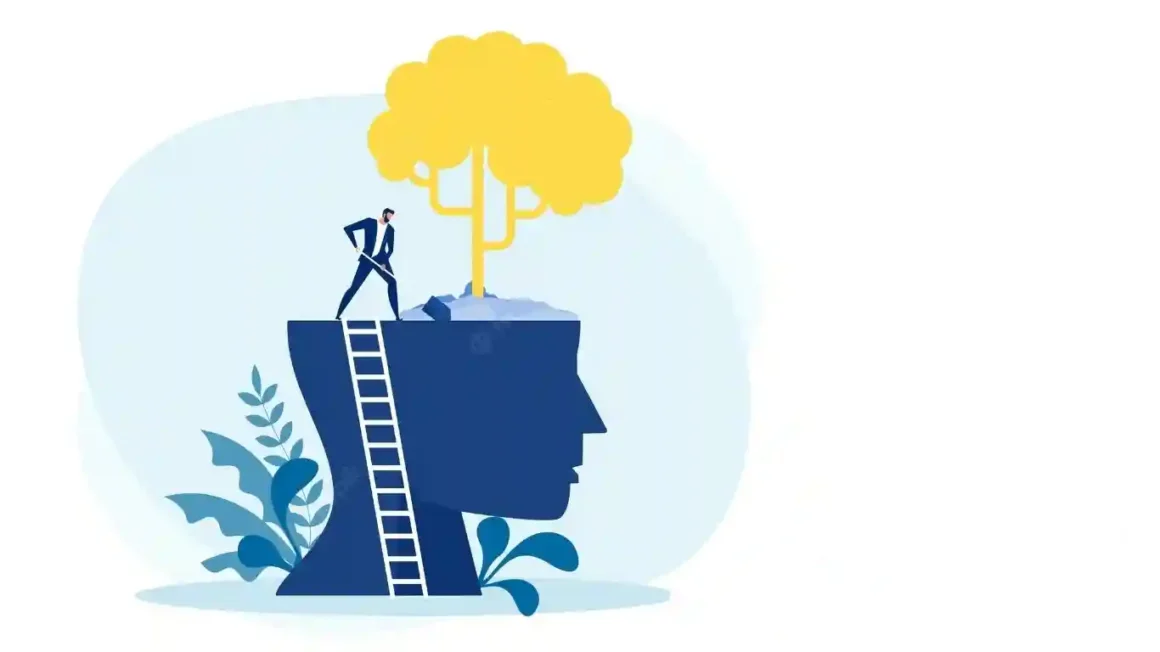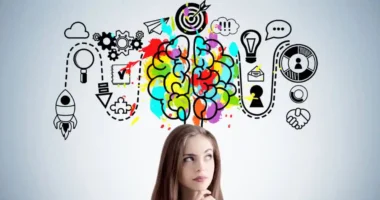Fixed Mindset vs. Growth Mindset: The human brain, while being a common organ within all humans, is still something that is very complex and works differently for everyone. In various other parts of the body, the different functioning can be predicted or found by measuring the hormones, blood level, or activity. The behaviour of someone’s mind is difficult to measure by any such means. Hence, many psychologists and scientists have proposed many classifications for the way the mind works. These are not rigid classifications as such, they are tangible and may not apply to all, but they have helped in providing insight into the human mind.
One such classification was done by the American psychologist, Carol Dweck. She is popularly known for her work on studying the human mindset itself. In 2006, she published a book named Mindset in which she explains her theory in complete detail. In this book, she has broadly divided the mindset of people into two categories – fixed mindset and growth mindset.
Fixed mindset is of individuals that follow the “intelligence is static” principle. They believe that knowledge is learned, but the ability to gain knowledge of an individual is limited by their biological factors. They mainly believe that there is no area for improvement in terms of mental ability.
Growth mindset is of individuals that believe that knowledge is infinite, and choosing whether to gain knowledge or not is up to the individual. They do not believe that people do not have the ability to gain knowledge after a point.
These two ideologies are drastically different in many spheres and they have many opposing views on different things. Here are 7 such differences between growth mindset and fixed mindset.
Fixed Mindset vs. Growth Mindset
Challenges
Fixed Mindset – People who have a fixed mindset tend to avoid challenges. They are more hesitant towards trying out new things and stepping in and taking on difficult tasks.
Growth Mindset – People with growth mindset are more open to challenges. They do not mind being uncomfortable and stepping out of their comfort zones. They are better and embracing and working with difficulties and tough situations.
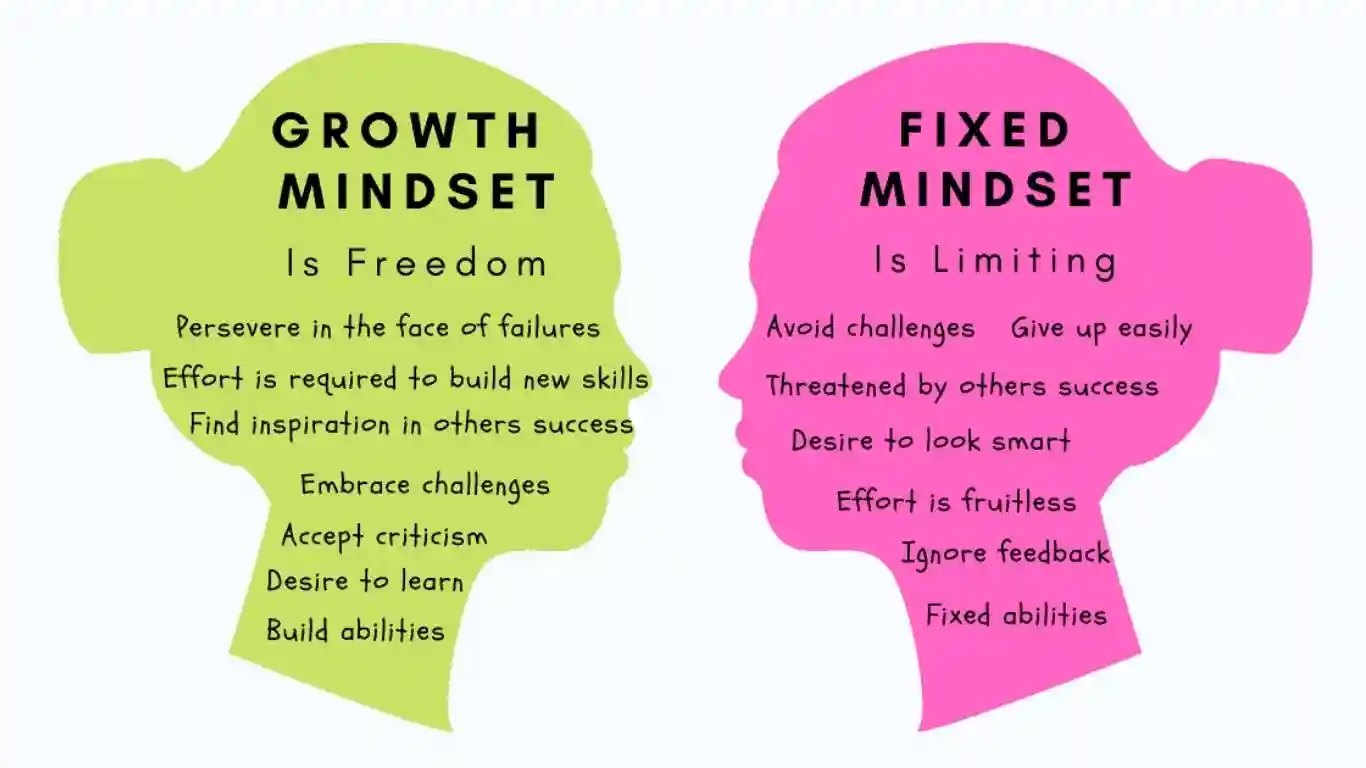
Intelligence
Fixed Mindset – Those who have a fixed mindset believe that the process of gaining knowledge is limited, and one cannot gain knowledge beyond their ability. They believe that there is a limit to the gaining of knowledge, which limits them from learning more. If someone believes that they cannot learn after a certain point, even if they have the mental ability to do so, they will restrict themselves from doing it.
Growth Mindset – Here, people are more flexible with the idea of intelligence. They do not believe that their intelligence or the ability to gain knowledge is limited. Hence, they are more open to learning new things and do not bound themselves from accessing new information or imposing any restrictions on themselves.
Putting In Efforts
Fixed Mindset – Their mindset is so rigid and still that they think that if you are putting in any amount of effort into doing a task, it means you are not good enough for the work, or that the work is simply not suitable for you.
Growth Mindset – Since people with a growth mindset are very flexible in their thinking, they do not mind putting effort into new things. If you are putting in effort into certain things, it just means that you are passionate about them and wish to learn new things, and putting in the effort is just a part of the process.
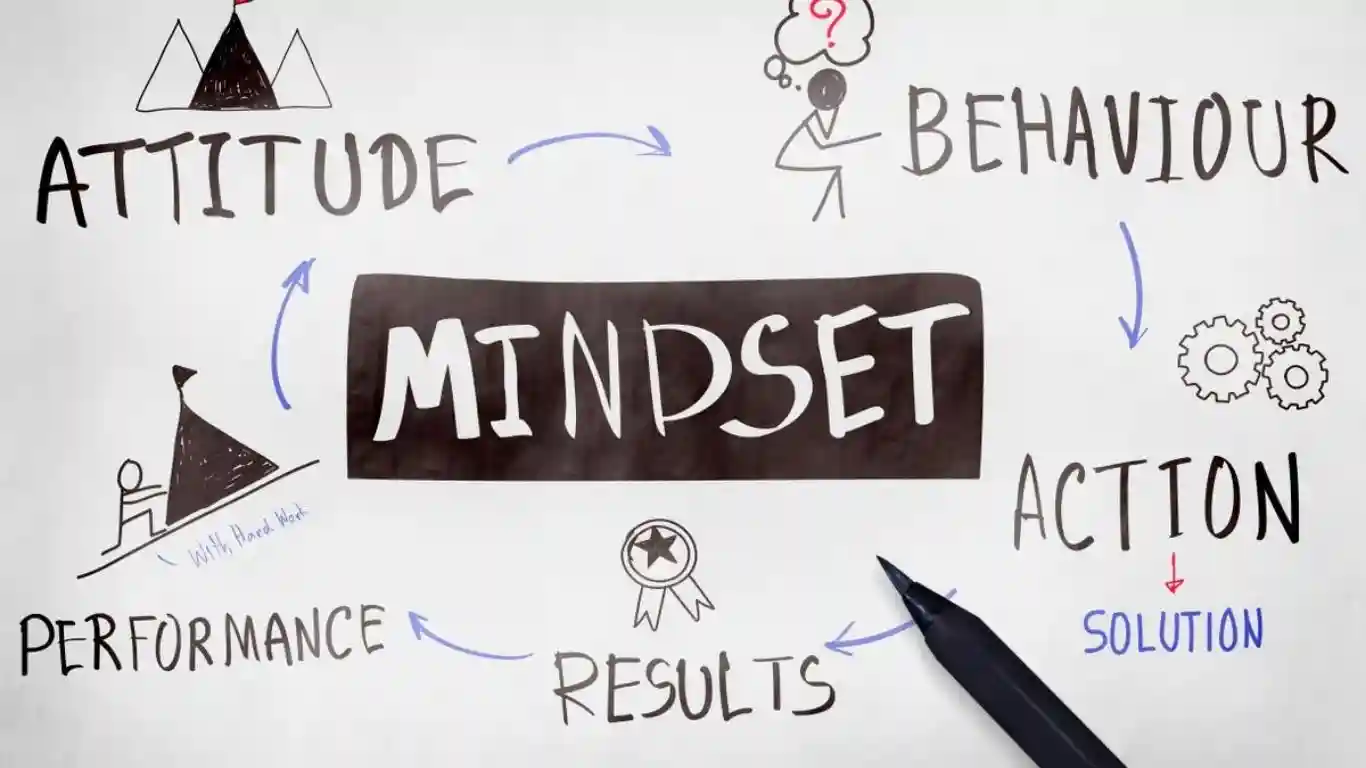
Failures
Fixed Mindset – Here, people tend to stop themselves after failures. They do not consider failure to be a learning point, and instead, take it as a setback. While failures can be a setback, it is still something from which you can learn and grow. But people with fixed mindset just accept failures and never proceed ahead with them.
Growth Mindset – People with a growth mindset are accustomed to failures. They take it as an opportunity to learn and grow from it instead of being sad about it.
Setbacks
Fixed Mindset – Similar to failures, they do not take setbacks as a learning lesson, and instead, start blaming others for them. They accept their defeat as it is.
Growth Mindset – People with a growth mindset take setbacks as a learning lesson, and consider their next task to be a challenge and face it wholeheartedly. They reflect on their mistakes and learn from them.
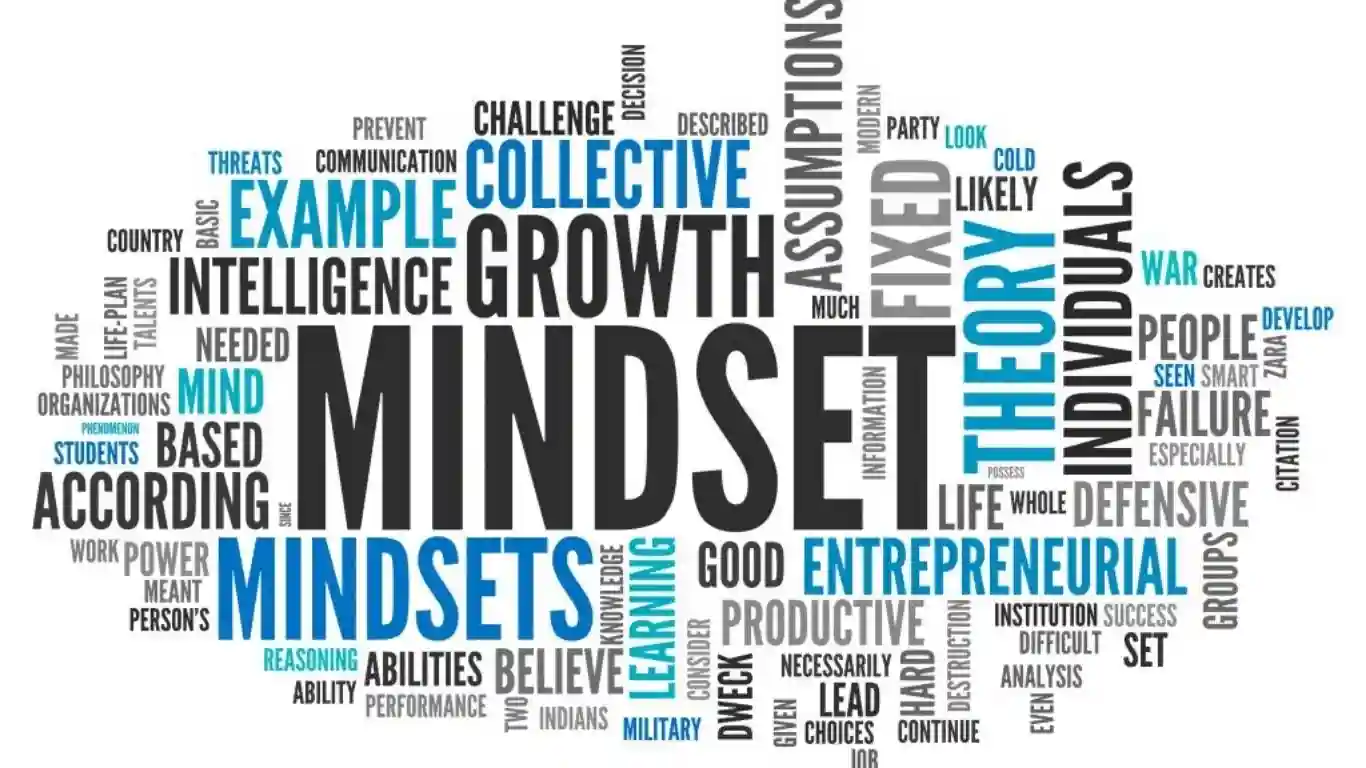
Criticism
Fixed Mindset – People here fail to take criticism at all. They get very defensive and annoyed, even when decently constructive criticism is provided to them. They do not understand that criticism helps them learn and grow.
Growth Mindset – These people are great at accepting criticism. In fact, they enjoy receiving it as it helps them learn more and be better.
The success of other people
Fixed Mindset – Here, people with a fixed mindset may get very jealous and annoyed when other people are succeeding. They cannot see others be happy or do well in life.
Growth Mindset – People with a growth mindset genuinely like seeing other people do well and achieve great things. They do not feel any signs of jealousy and instead consider that person to be their role model of success.
Also Read: 7 Essential Elements of Communication Skills

